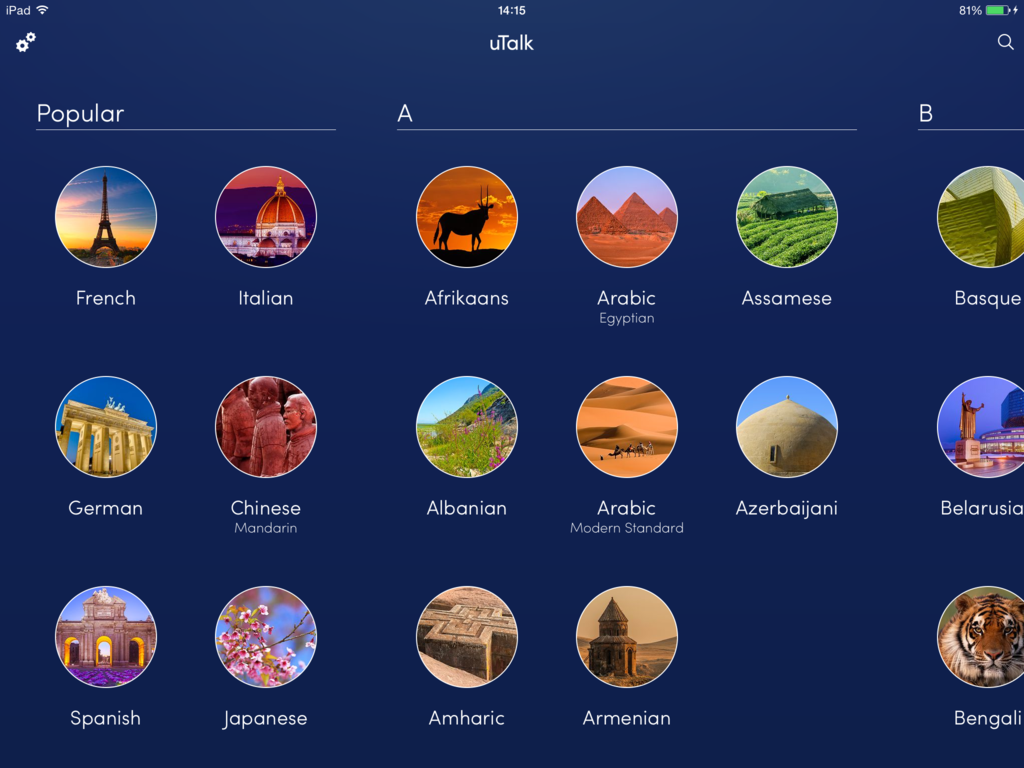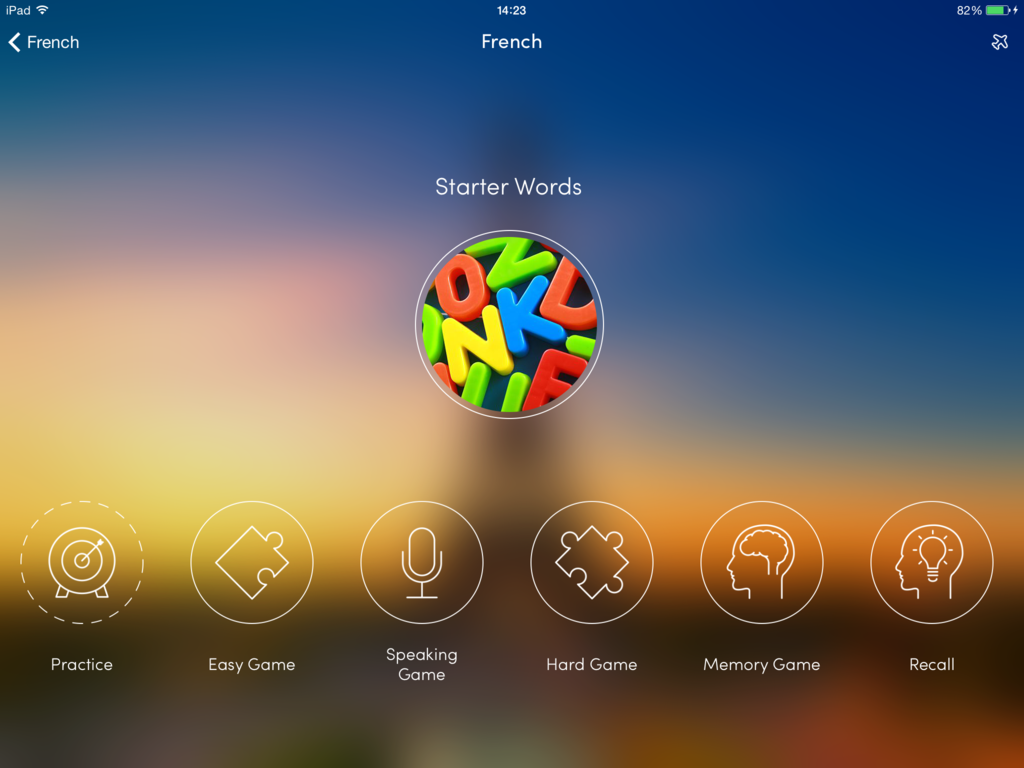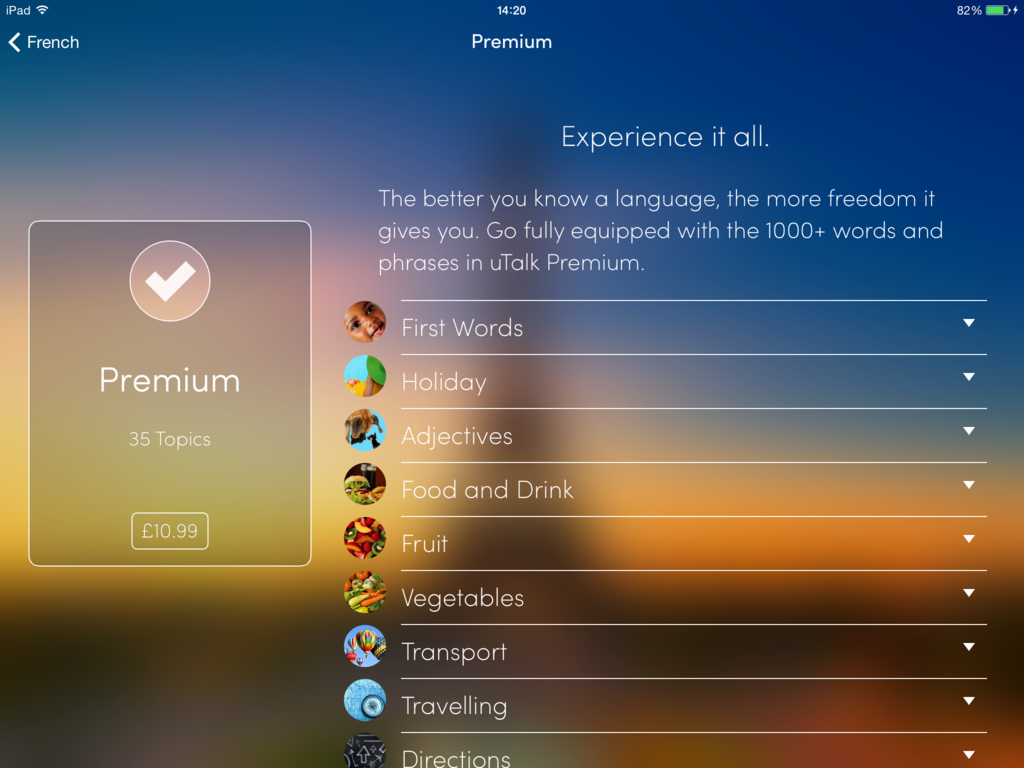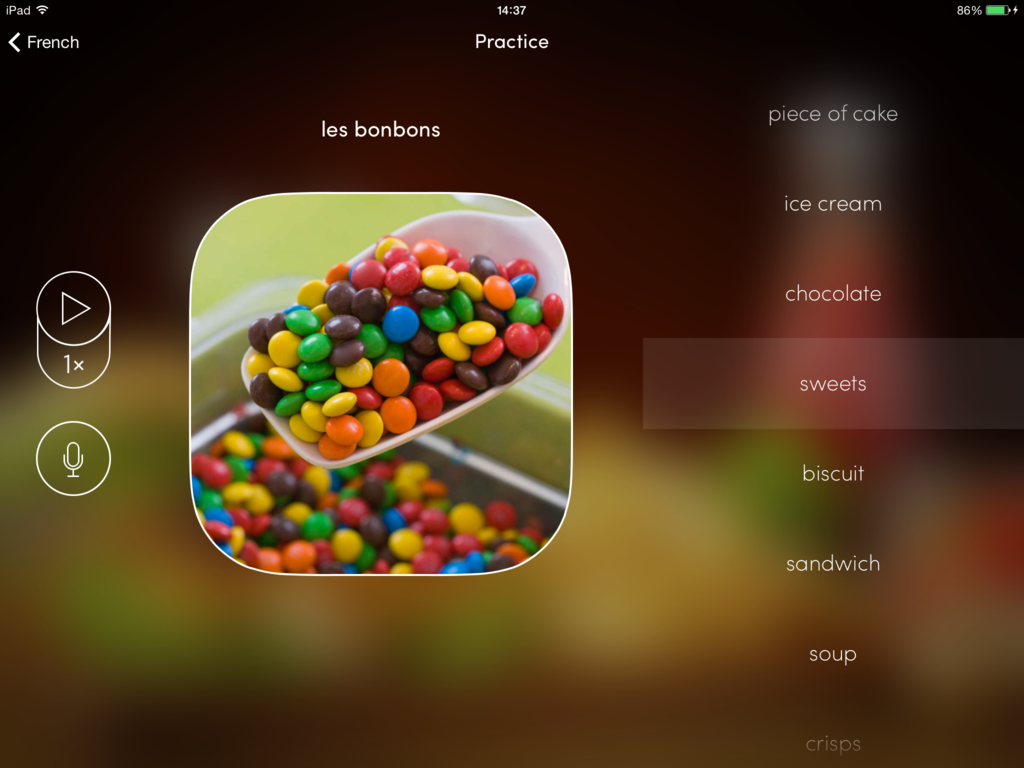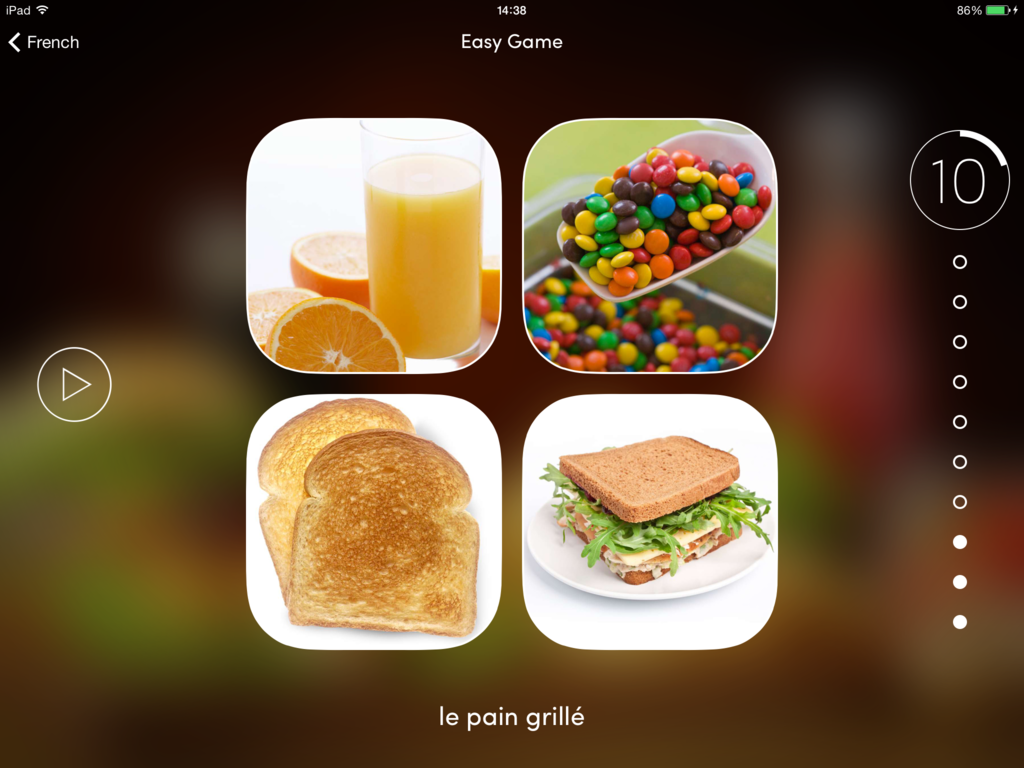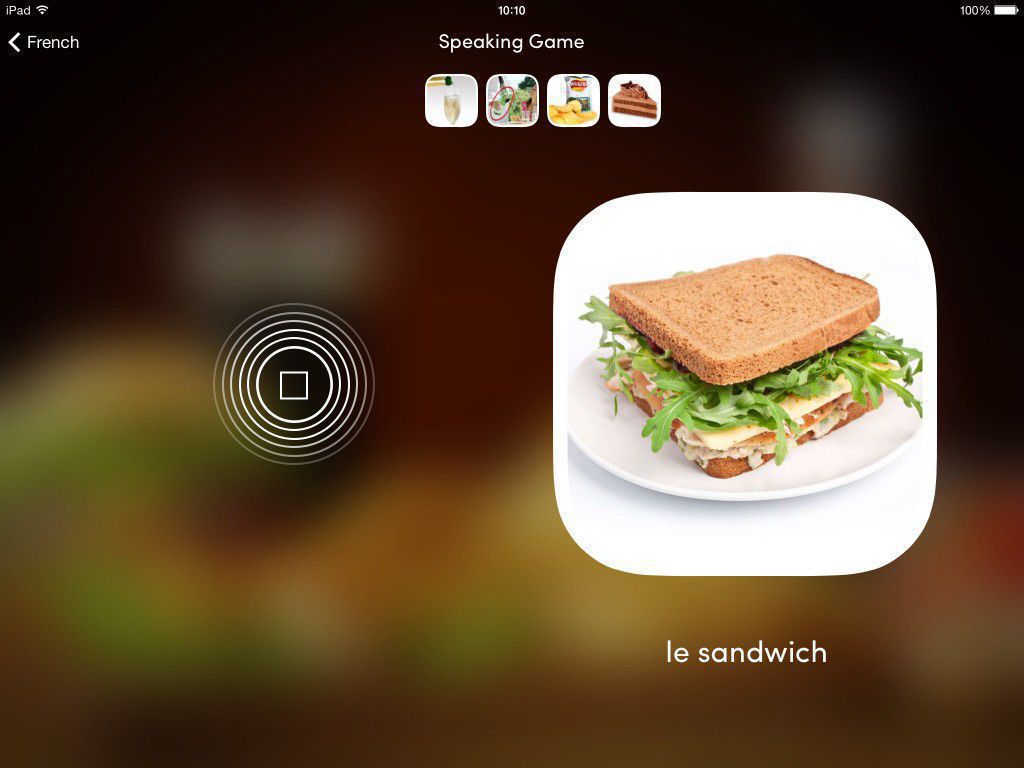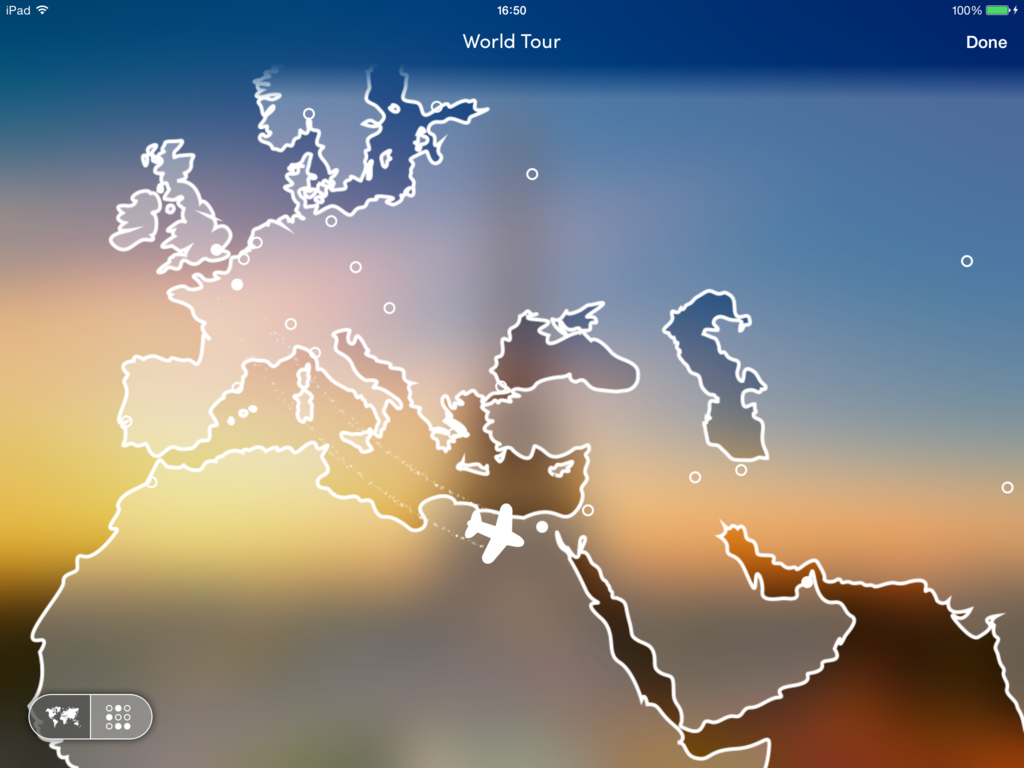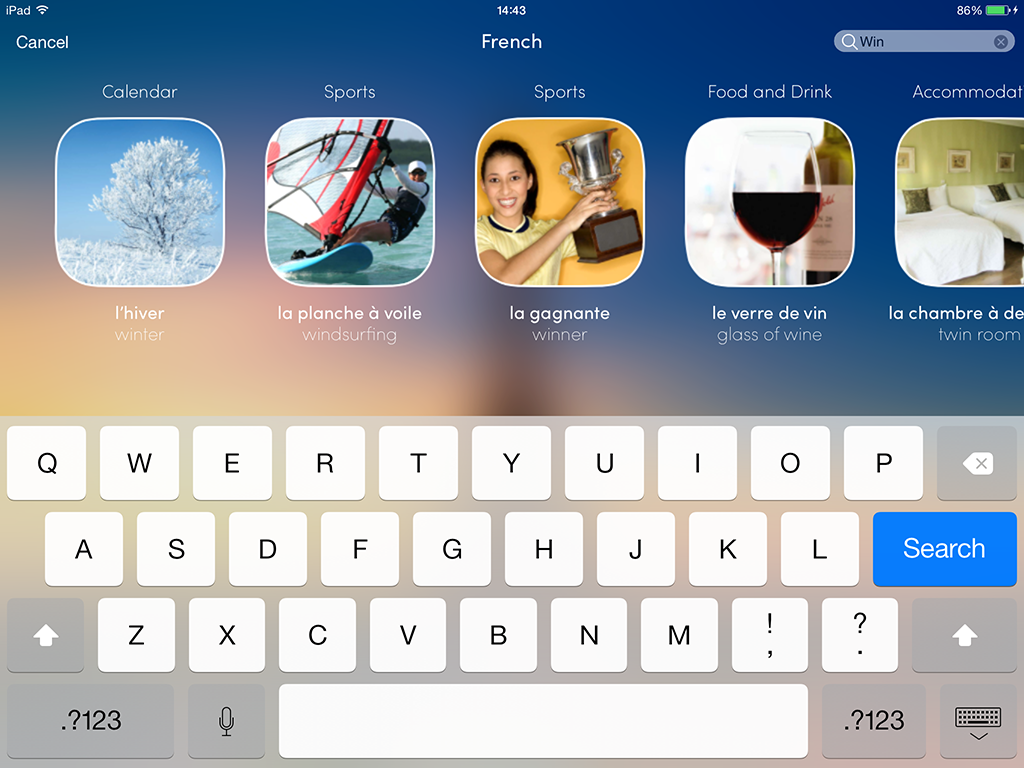Taking the Stress Test: how emphasis can change meaning
One of the hardest things to grasp when learning the English language is emphasis. Emphasising a different word in the same sentence, each time can completely change the meaning of it. Some people make the emphasis on a certain word very clear. This can give you the general feeling of the sentence.
Other times it can be harder to pick up the meaning of a sentence and this can lead to you misinterpreting what the speaker means. Emphasis is normally used when someone wants to convey how he or she feels about something; this could be something they feel emotional about.
For example my mum could say to me ‘you’re not doing that tomorrow’.
This could be her checking with me ‘you’re not doing that tomorrow?’ implying that I am, or might be doing it on a different day. However, it is more likely that she is saying to me ‘you are not doing that tomorrow!’ – using this emphasis would make it clear to me that there is no chance I will be doing whatever I wanted to do tomorrow.
Emphasis is used by:
- Stretching out the vowel sound.
- Pausing after the word that is being emphasised is spoken.
- Speaking slower when saying the word they want to emphasise.
- The first syllable is pronounced louder than the other syllables.
Try emphasising a different word in this sentence each time you say it.
‘She isn’t flying to Hawaii tomorrow’
- By emphasising the ‘she’ it implies that it is someone else that is flying to Hawaii tomorrow.
- The ‘isn’t’ shows that she’s not doing this anymore.
- Emphasising the ‘flying’ means that she’s not flying, she may be getting there another way instead.
- ‘To’ this could mean she is flying from or by Hawaii not to.
- Emphasis on Hawaii shows that it could be a different location, not Hawaii.
- Finally, ‘tomorrow’ could mean that it’s actually a different day, not tomorrow.
Isn’t it strange how one sentence can be used in so many different ways?
Alex
How do you say Llanfairpwll…?
Everyone was blown away the other day when Liam Dutton managed to effortlessly pronounce the longest ever Welsh place name on live TV: Llanfairpwllgwyngyllgogerychwyrndrobwllllantysiliogogogoch.
Anything he can do…
I don’t know about you, but here at the EuroTalk office we enjoy a healthy challenge, and this looked like just the sort of thing to get our teeth into! For all those of you who’ve seen our video… Okay, maybe it didn’t go exactly according to plan, and didn’t sound entirely as fluent as Liam Dutton’s version, not to mention that our varying collections of vaguely Welsh-sounding syllables probably didn’t mean anything at all in Welsh, let alone bore a resemblance to the actual meaning of the word, which is (take a breath): ‘Saint Mary’s Church in the hollow of the white hazel near a rapid whirlpool and the Church of St. Tysilio of the red cave’.
Still, practice makes perfect, and this was just our first time. If anyone would like to try to do it better than us (which is probably not too much to ask), why not enter out competition to win a FREE Premium Welsh uTalk app. We’ll be picking the winner based on the creativity of the video, and your attempt to pronounce the word. To enter, tweet us @EuroTalk, post it on our Facebook page or email it to challenge@eurotalk.com by Friday 25th September.
So how should we have pronounced it?
To make it slightly easier, here’s a few pointers we used as to how to pronounce it:
1. It helps to break the word down into bite-sized chunks: Llan – fair – pwll – gwyn – gyll – go – ger – ych – wyrn – drob – wll – llan – ty – silio – go – go – goch
2. Some of the letters have different pronunciation in Welsh to how you would say them in English. For example:
- the ‘f’ in ‘fair’ is pronounced more like a ‘v’, to make ‘vire’
- the ‘y’ in ‘gwyn’ i pronounced more like an ‘i’, to make ‘gwin’
- the ‘w’ in ‘pwll’ is more of an ‘oo’, to make ‘pooll’ AND
- the ‘ll’ in ‘pwll’ is more of an aspirated l (keep the tip of your tongue on the roof of your mouth as you say ‘l’, then blow the air over the top and sides of your tongue)
- the ‘ch’ in ‘goch’ is the same as in the Scottish ‘loch’
Taking that all into account, you end up with something which to English speakers looks a bit more like this:
Chlan- vire- puchl- gwin- guchl- go- ger- uch- wirn- drob- uchl- chlan- ti- silio- go- go -goch
So now that you know it, why not have a go at recording it yourself?
Nat
8 ways to feel confident about speaking a language
So you’re off on holiday, and you’ve decided you’re going to speak a bit of the local language. You get a EuroTalk program (obviously), start learning a few key phrases, and you’re feeling good.
But then you get off the plane and the doubts start to creep in. What if people laugh at your accent? What if you say what you need to say perfectly, but don’t understand the reply? What if you open your mouth and instantly forget everything you’ve learnt?! Probably safer to stick to English, or sign language. Right?
 It is scary starting to speak another language. I get incredibly nervous – more so, ironically, with Spanish, which is a language I studied for years but haven’t spoken properly for a while. But sometimes you just have to throw yourself into it and see what happens. The worst that’s going to happen is that you don’t understand each other, but the reality is nobody’s going to laugh at you for trying to speak their language, or blame you if you make a mistake.
It is scary starting to speak another language. I get incredibly nervous – more so, ironically, with Spanish, which is a language I studied for years but haven’t spoken properly for a while. But sometimes you just have to throw yourself into it and see what happens. The worst that’s going to happen is that you don’t understand each other, but the reality is nobody’s going to laugh at you for trying to speak their language, or blame you if you make a mistake.
Now, obviously I realise ‘just throw yourself into it’ is a lot easier said than done. So here are some tips to help your confidence, before and during your conversation.
Go prepared
Bit of an obvious one, but you should try and learn at least a few words, so that you’re not going in to the conversation completely unprepared. At least that way you start off in control. It’s probably a good idea to learn how to say ‘I don’t understand’ and ‘please speak more slowly’ as well; at least that way if you do get stuck you’ll be able to do something other than stare blankly.
Find a language partner to chat to before you go
Learning on the computer or your phone is great for learning vocabulary and perfecting your accent, but at the end of the day, learning a language is obviously about conversation. If you’ve got a friend who speaks the language you’re learning, or is learning as well, set aside some time regularly to chat with them. It’ll be easier with someone you know and feel comfortable with than with a stranger, as you won’t be so worried about making mistakes.
Take uTalk with you
Because if your mind goes blank, you can grab your phone and search for the word you need in seconds. uTalk is much quicker (and better-looking) than a phrasebook, and it tells you how to say the word as well. Bonus.
Ban yourself from speaking your own language
I recently discovered Scott Young’s blog; he and a friend just spent a year travelling around four different countries, attempting to speak no English and immerse themselves completely in the local language and culture. This might seem quite drastic, but I can’t think of a better way to feel confident quickly – given a choice between speaking to people in another language or not speaking to anyone at all for three months, I know which one I’d choose.
Try thinking in the language
I’ve tried this approach before in Spanish and found it quite effective. When you look around your house, try and think what the objects are called in the language you’re learning, rather than English. (FlashSticks are useful for this sort of thing.) Try and think about a TV show you just watched, and explain it to yourself in the other language. Go outside and try to name as many everyday sights as you can. This way, it starts to feel like second nature and you may be surprised to find yourself doing it without trying.
Focus on how good you’ll feel afterwards
Have you ever had a conversation in another language? Remember how good you felt afterwards, when you were holding the train ticket you’d just bought, or eating the meal you’d just ordered? Any time you feel hesitant about starting a conversation, focus on that feeling and push on through. It’ll be worth it.
Make a phone call (a.k.a. jump in the deep end)
When I was at university, I spent my third year living in Madrid, and during my first few days I had to make lots of phone calls to try and find somewhere to live. And it was terrifying. I’m not really a fan of the phone at the best of times, but making calls in another language was twice as scary – without the aid of body language or facial expressions, it suddenly becomes a lot harder to understand what someone’s saying to you. But I did it, because I had to, and managed to successfully arrange several viewings; I’d never have thought I could do that before I left home.
And, if all else fails…
Have a drink
It’s a well-documented fact – mostly among students, for some reason – that having a drink or two actually improves your language skills. While that may not be entirely true, it does make sense that when you’re feeling relaxed, and your inhibitions are lowered, you’re going to feel more confident about giving it a go. Don’t have too many drinks though, obviously, or then nobody will understand you in any language.
Good luck!
Do you struggle with confidence when you’re speaking another language? How do you deal with it?
Liz
So you want to learn Spanish?
Starting to learn Spanish has been an amazing journey. So far, the language and the people are really interesting, and it’s nice to know that a large population of Americans can speak the language. After long hours of practice, I am sitting here writing a post, while listening to my favorite Spanish rap songs.
Spanish class helped me in some ways and has hurt my interest in others. This was due to the grammar, and also we weren’t actually speaking. As much as I love doing grammar workbooks and vocabulary quizzes, I was more interested in sounding like Don Juan seducing girls.
 Spanish is a great language and it has so many benefits, the first being that by speaking the language you can talk to a much larger portion of the world. Spain, Colombia, and Buenos Aires are filled with a lot of activities and people to talk to. Something that most people might not know is that, by speaking Spanish, you can also talk to older generation Filipinos and people from Israel, Greece, Turkey, Yugoslavia, and Bulgaria. On top of this, after Spanish, Portuguese can be acquired with half of the work already done.
Spanish is a great language and it has so many benefits, the first being that by speaking the language you can talk to a much larger portion of the world. Spain, Colombia, and Buenos Aires are filled with a lot of activities and people to talk to. Something that most people might not know is that, by speaking Spanish, you can also talk to older generation Filipinos and people from Israel, Greece, Turkey, Yugoslavia, and Bulgaria. On top of this, after Spanish, Portuguese can be acquired with half of the work already done.
I love the pronunciation for Spanish. You can be fairly understood without going through the work that a French student would go through. Of course, the hardest thing is rolling your ‘r’s, but don’t worry. It isn’t too serious and Spanish speakers can understand you without it. The pronunciation won’t take very long to master compared to other languages. That’s one of the benefits of Spanish.
After pronunciation comes vocabulary. This is easier than other languages due to the similarity of Spanish and English. We have a lot of cognates, like la sofa becomes ‘sofa’, or los pantalones becomes ‘pants’.
Spanish grammar isn’t really that bad, people make it seem a lot harder than it is. I’ve heard that Arabic, Hungarian, and Latin have intense grammar that makes Spanish look easy. That’s because Spanish is so similar to English. It only has a couple of additions, and most of the sentences can translate back to English and still sound comprehensible. One hard step is learning how to conjugate verbs. Past, Present, Future, Conditional, Imperfect, and the dreaded Subjunctive. All verbs have different forms that you must learn, but thankfully, most follow the same pattern. In a sense, it’s just more vocabulary disguised as grammar.
The hardest rule is differentiating between Subjunctive and Indicative forms. For example it stresses the ability to know the difference between the following sentences: We always eat after the class ends, and We are going to eat after the class ends. In Spanish, those sentences are different and it is up to you to memorize the difference along with the verb conjugations. Fun, right? Well it actually isn’t that hard. It just takes time to get the hang of it.
Spanish is an easy language for English speakers, however there is one harsh reality. Learning a language isn’t easy. It takes hours of work and practice, and sometimes we overestimate how hard it actually is. We create excuses for not learning the language. That is why it is important that you have the right motivation for learning a language. Knowing about the steps above will give you a heads up for Spanish, but if you don’t have the right motivation, you will set yourself up for failure. I have faith in your language learning experience. Use it wisely, young Padawan.
Ray Jones
Read more from Ray on his blog at themodernlingo.com.
—
Want to join the EuroTalk blogging team? We’re always keen to hear from language enthusiasts with something to share. Email liz@eurotalk.com for details.
uTalk – Learn a Language: A Guided Tour
If you follow us on Facebook or Twitter (or maybe even if you don’t) you’ll know that we recently released a new update for our app, uTalk. And we’re really, really excited about it; not only does it now work on iPads, it’s got 130 languages included and it looks gorgeous. So I thought I’d give you a quick guided tour, so you can see what all the fuss is about.
Choose your language
Once you’ve download the app, the first thing you’ll probably notice is that it’s got loads of languages. From French, Spanish and German, through to Lao, Kachchi and Cebuano, we’ve got them all (and if we don’t have the one you want, we probably soon will – let us know what you’re waiting for in the comments).
The best bit is if you’re just curious and want to hear what a language sounds like, it won’t cost you a penny, because uTalk gives you a Starter Words section in all 130 languages completely free.
Starter Words
These Starter Words include the essentials that you’ll need when you first arrive in a new country – ‘hello’, ‘please’, ‘thank you’ and ‘help’ (hopefully you won’t need that one, but it’s always a useful word to know!) among others.
There’s also a selection of games to help you remember these key words, so you’re totally prepared before you step off the plane.
Upgrades
If you’re anything like me, though, once you’ve learnt a few words you won’t want to stop. So uTalk gives you the chance to learn more, with the Essentials and Premium upgrades.
The Premium will unlock 1,200 words and phrases across 35 categories for the language you choose – and that’s when it gets really fun. The app’s got everything from food and drink and travelling, to adjectives and numbers up to ten million. You can order a beer, ask someone to dance and check you’re on the right train (again – useful).
How it works
Ok, let’s get down to business. You’re going to France for a few days, and you want to learn some French before you go. How should you use uTalk?
First, choose your topic. Then, start with the Practice; this is where you learn the vocabulary. You can listen as many times as you like, slow it down, even have a go yourself with the recording button. Each word or phrase has a corresponding picture, which will help you remember it later, and they’ve all been translated and recorded by native speakers.
Then it’s time for the games. Start with the easy game, because it’s – well, the easiest. You’ll be shown some randomly selected pictures and hear one of the words you’ve just learnt. Choose the correct picture to carry on and start scoring points.
Then work your way up through the games, which get gradually more difficult. Be warned, they’re very addictive, so you may miss your stop because you’re concentrating so hard. And you might get some funny looks when you play the recording game on the train. I speak from experience on both of these things…
World Tour
Hidden throughout the app are 48 achievements. No, I won’t tell you what they are – but every now and again you’ll see a message pop up that says ‘World Tour Destination Unlocked’, and then at the end of that game, you can go and see where you’re heading off to.
Tap on the destination and watch your plane take off. To see how many destinations you’ve collected (and how many you still have to find) touch the grid icon at the bottom of the screen.
Instant Search
Of course this is all well and good, if you have time to sit and learn the language before you leave home. But what if you don’t?
No worries – just take uTalk with you, and any time you need a word, type it into the search box. (I used this feature myself when I went to Italy a few months ago and it saved me more than once.)
So what do you think? If you’re ready to give it a try, you can download uTalk from the App Store for free right now (no camping out required!). And we love customer feedback, so please do tell us what you think of the new design and features.
Most importantly, we really hope you enjoy using the new uTalk as much as we enjoy telling people about it 🙂
Liz


